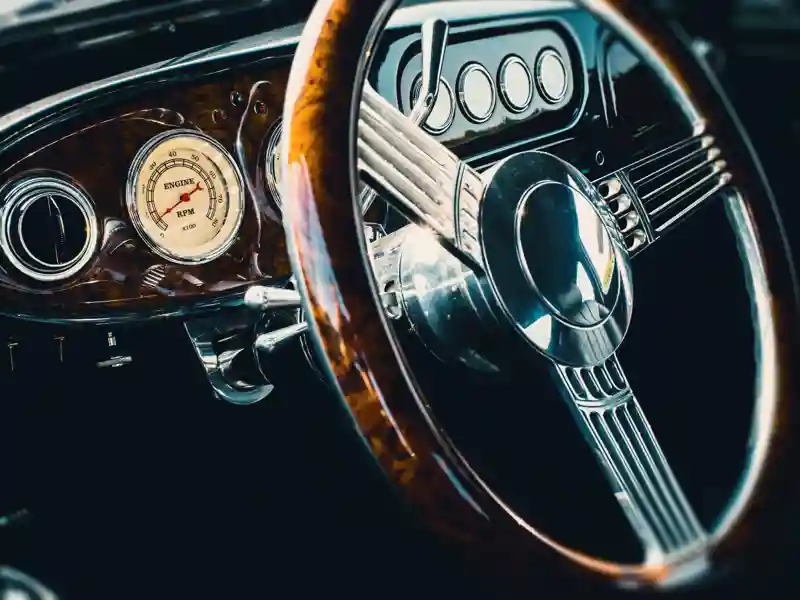
For car enthusiasts, a prized vehicle is more than just a way to get from place to place — it’s a passion project, an investment and often a piece of history.
Whether it’s a lovingly restored ’68 Mustang, a heavily modified Corvette or a showroom-perfect exotic supercar, standard auto insurance doesn’t cut it when it comes to protecting what collectors value most. That’s where collector car insurance comes in.
“Collector car insurance is tailored to how these vehicles are used and valued,” says Michael Wilson, AVP of specialty lines at NFP, an Aon company. “It’s not about covering your daily driver — it’s about protecting unique, high-value vehicles in a way standard auto policies simply can’t.
Market Valuation Provides Peace of Mind
One of the key differences between standard auto and collector car insurance policies is how the vehicle’s worth is assessed. Standard auto insurance depreciates a car's value over time, factoring in wear and tear. But collector policies use market valuation, meaning that if your car appreciates in value during the policy term, that increase is reflected in a claim payout.
“Let’s say your car was insured for $150,000, but its market value rose to $175,000 during the year. A collector policy can pay out that higher amount. A standard auto policy likely wouldn’t,” Wilson explains.
Options for Modifications and Salvage
Modified vehicles present another challenge for standard insurers. Custom exhausts, suspensions, wraps and other upgrades can lead to claim denials if the insurer wasn’t informed, or they may refuse to cover non-stock vehicles altogether. Collector car policies not only allow modifications, they account for them.
“You’re properly covered, even if the car’s been modified,” says Wilson. “You won’t have to worry about being T-boned and then told your claim is denied because your exhaust or suspension wasn’t factory spec.”
One standout feature of many collector policies is the cherished salvage option. If your vehicle is written off, you receive the full insured value and you get to keep the vehicle’s salvage without having to buy it back from auction. For limited-production or sentimental vehicles, that flexibility is huge. Some collectors choose to rebuild; others part out what they can. Either way, the choice (and potential value) stays in the owner's hands.
Collector Car Policies Are Often Less Costly Than Standard
Despite these enhanced coverages, collector car insurance can be surprisingly affordable. “On average, premiums are 43% to 49% lower than standard auto,” says Wilson. “That’s because these vehicles aren’t driven every day. And for collectors with multiple cars, the discounts can be even more significant.”
While newer and exotic cars – particularly those from 2010 onward – may carry higher premiums due to their value, the policy focus remains on comprehensive protection, not just price.
If your car is a collector’s item – whether stock or souped-up – you need insurance that sees it that way. With the right policy, you’re protecting your investment and giving yourself the flexibility you need as a collector.











